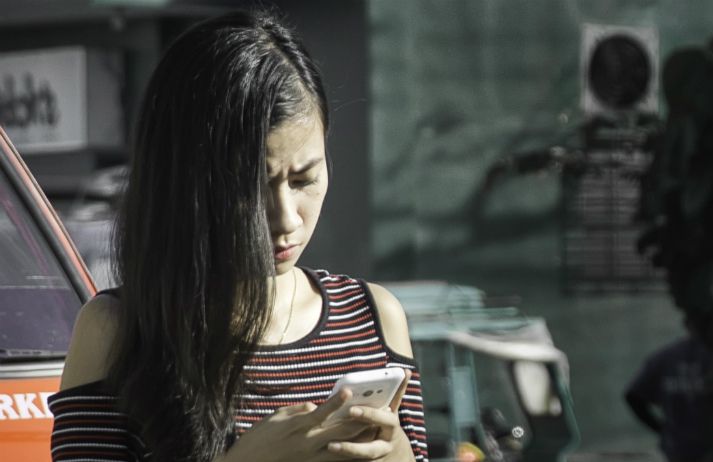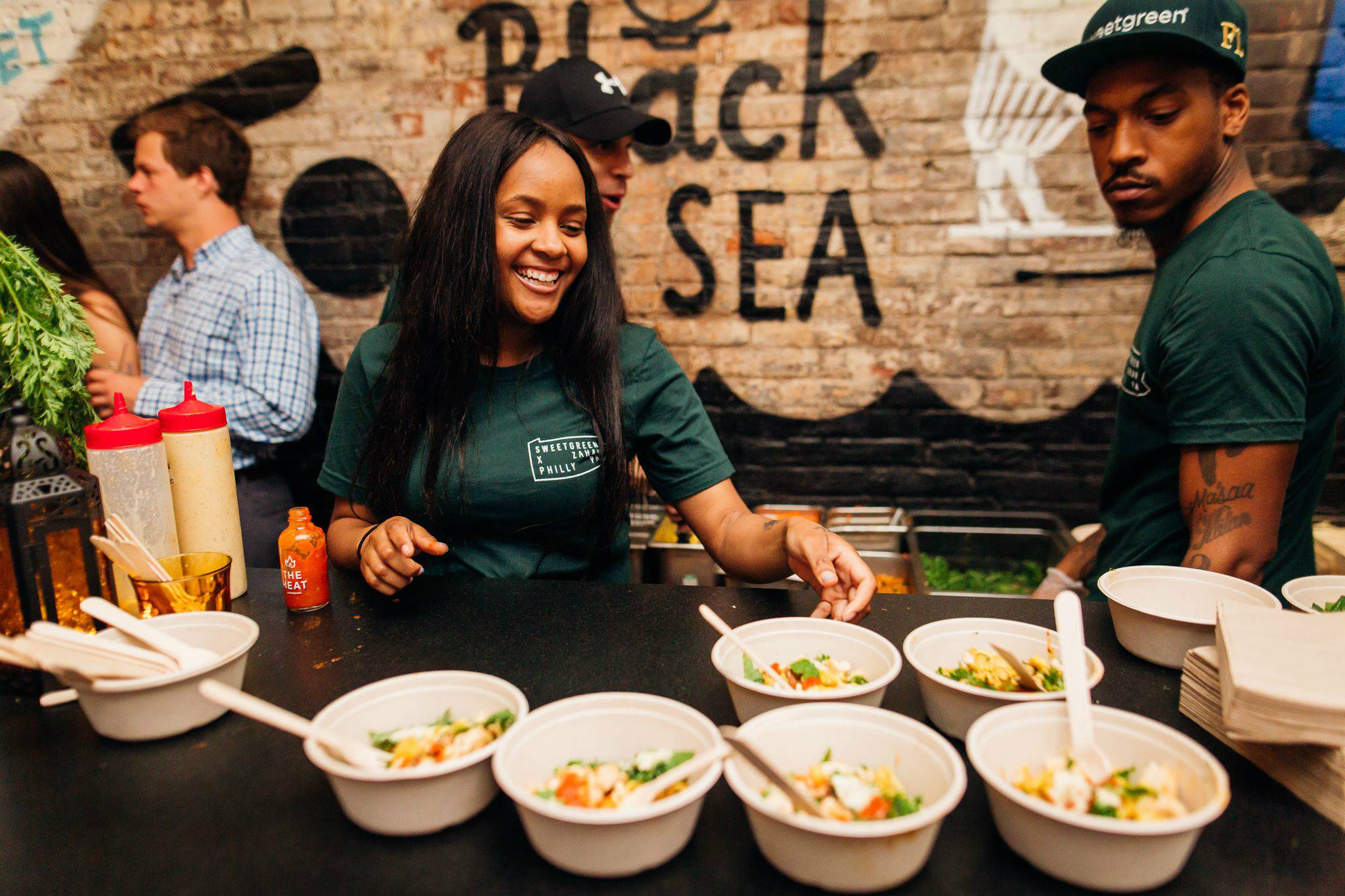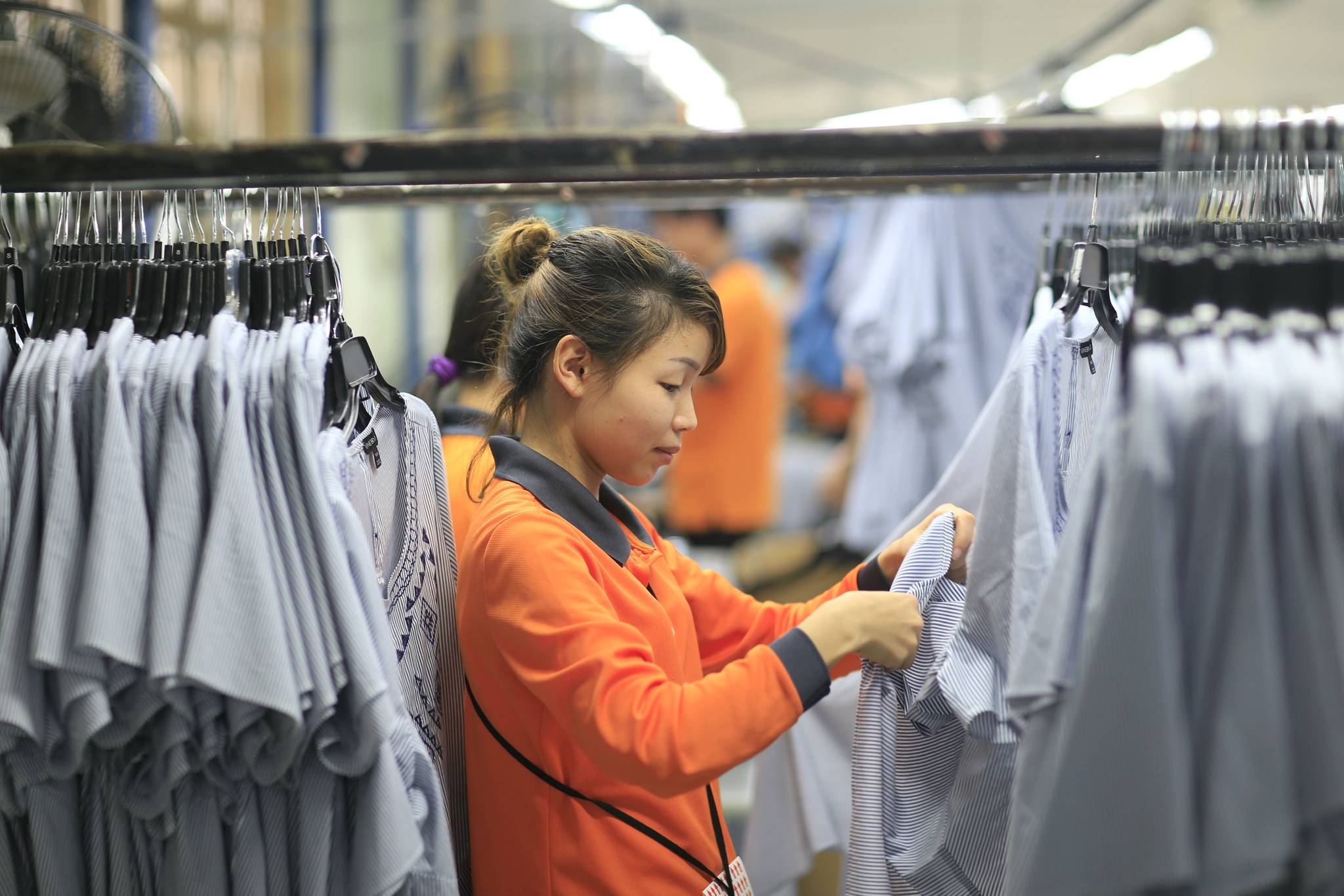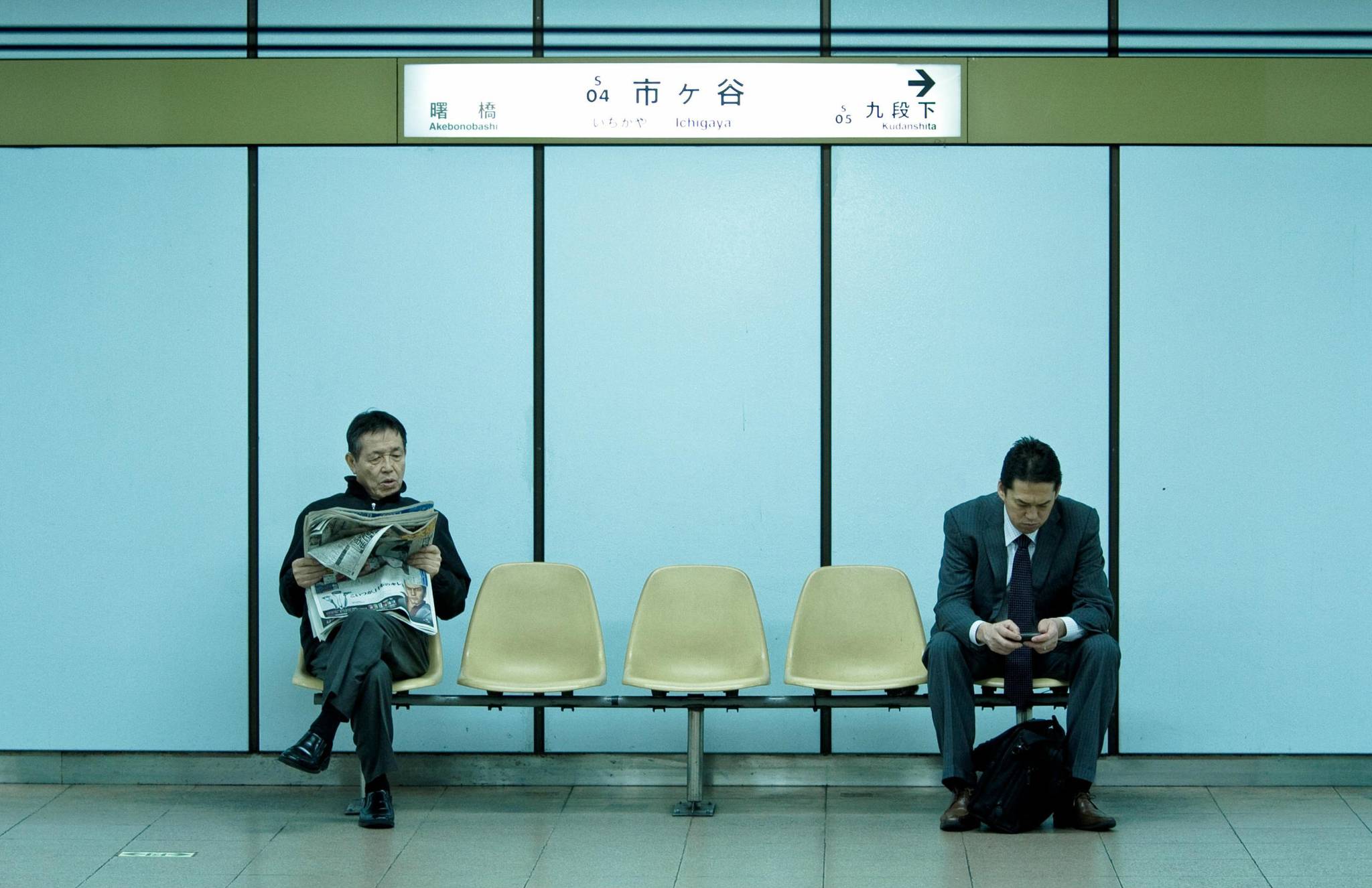
Thanks to Unipin, limited banking options will no longer separate gamers in the Philippines from their precious screen time. The digital payment startup is making online gaming accessible to unbanked Filipinos, allowing them to pay online without having to open a new account. We explore the insights behind the company’s move towards greater inclusivity for those without bank accounts.
In good news for rural Filipino gamers, Unipin has announced that it is expanding to the Philippines. The innovative Indonesian startup allows people to visit convenience store locations and top up digital accounts in person using cash, thus cutting out the need for a bank account. Partnering with both the convenience stores and payment channels, Unipin acts as a bridge between the two, making the entire process smoother. “This is our specialty,” explains CEO Ashadi Ang. “We are a payment service provider that offers a hassle-free process for users to top up in their games.” Through the service, unbanked Filipinos will be able to access online payment schemes for gaming without having a bank account.

Unipin, which already hosts some 10,000 game titles, is hoping to appeal to rural Gen Yers, who comprise a majority of online gamers in the Philippines. “In Indonesia, those in big cities have bank accounts, but those in small regions, small cities and rural areas have difficulty accessing banks,” said Ang. Expanding into the Philippines was a natural first step for the brand, since its mobile game market is similar to that of Indonesia’s. “Markets for smartphone mobile games are now booming, compared to the last two years,” Ang pointed out. “In Indonesia [it was] only [in the] last two years that we saw a significant increment in terms of users, and we can see the similarities here in the Philippines. We have a team who plays the games and who really understands what our gamers need.” The brand plans to continue to expand and connect with more gamers in Southeast Asia, bringing inclusive gaming to more youth across the region.
According to BSP research, a full 86% of Filipino households do not have a bank account, and the small margin of those who do have accounts are concentrated mostly in urban centres. While the main reason for living without accounts is not having enough cash to spare, many cite the inconvenience of opening one as a cause – especially those Filipinos living in rural areas, where physical bank branches are hard to access. Given that opening an account isn't easy, Unipin is separating online gaming from the necessary precursor of a banking presence, to bring more accessible gaming to unbanked Filipino gaming enthusiasts. With two billion people worldwide not using formal financial services, the brand is doing well to prioritise the needs of the unbanked. In doing so, it follows in the footsteps of initiatives such as Fino, Monese, and the Better Than Cash Alliance, proving its commitment to greater financial inclusion for all.
Helen Jambunathan is a freelance writer currently based in Kuala Lumpur, Malaysia. She holds a Masters in social anthropology from the University of Cambridge, and has spent five years researching the specialty coffee industry. Outside of work, she is a die-hard tennis fan, wearer of many rings, and reader of many things.



